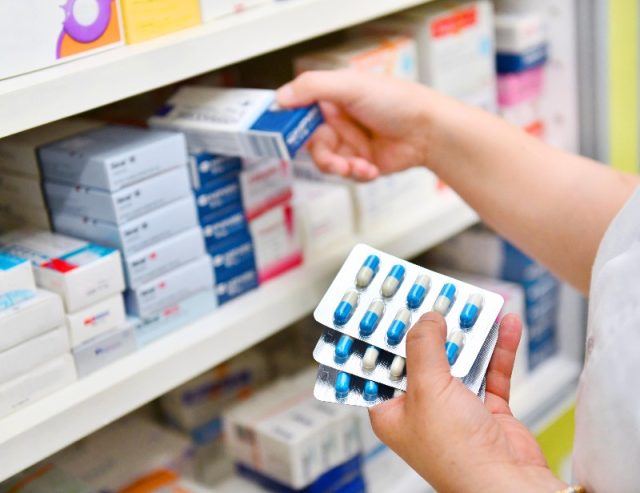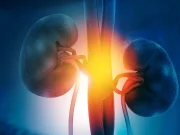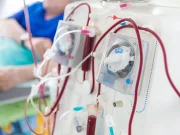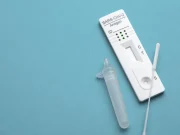By Ernie Mundell HealthDay Reporter
MONDAY, April 15, 2024 (HealthDay News) — Americans are facing more shortages of the drugs they need for medical care than ever before, a national pharmacy database shows.
The American Society of Health-System Pharmacists (ASHSP) and the University of Utah Drug Information Service started tracking drug shortages as far back as 2001.
Their latest data shows that things haven’t been this bad in all the years they’ve kept records.
A record high of 323 different meds were in short supply during the first quarter of 2024, the groups found. That’s worse than the last peak for drug shortages — 320 in 2014, according to the data.
It doesn’t have to be this way, said ASHSP CEO Paul Abramowitz.
“It’s long past time to put an end to drug shortages,†he wrote in a blog post on Thursday. “All drug classes are vulnerable to shortages. Some of the most worrying shortages involve generic sterile injectable medications, including cancer chemotherapy drugs and emergency medications stored in hospital crash carts and procedural areas. Ongoing national shortages of therapies for attention-deficit hyperactivity disorder also remain a serious challenge for clinicians and patients.â€
The database relies on information from practitioners, patients and others that is then confirmed with drugmakers.
Other classes of meds with notable shortages: central nervous system stimulants, antimicrobials, hormone agents and intravenous fluids, the new data showed.
According to U.S. government data, the average drug shortage typically lasts for about 18 months.
However, more than half of the shortages on the current list have persisted for over two years, according to an analysis by health consulting firm IQVIA.
Shortfalls in the supply of a drug can occur for many reasons, such as supply chain disruptions or increased consumer demand (as is happening now with popular new weight-loss drugs).
Recognizing the problem, the U.S. Department of Health and Human Services last week published new policy suggestions on how to prevent drug shortages, CNN reported.
Some of them included closer collaborations between hospitals and drugmakers to help make the marketplace more transparent, and to boost funding into making supply chains more resilient and diverse.
But Abramowitz wonders if hospitals have the financial and staff resources to follow these recommendations.
“We all know that managing shortages isn’t enough and is not a sustainable solution to the worsening crisis,†Abramowitz wrote. “Much work remains to be done at the federal level to fix the root causes of drug shortages.â€
More information
Find out more about drug shortages at the U.S. Food and Drug Administration.
SOURCES: American Society of Health-System Pharmacists, IQVIA, CNN
Copyright © 2024 HealthDay. All rights reserved.



















